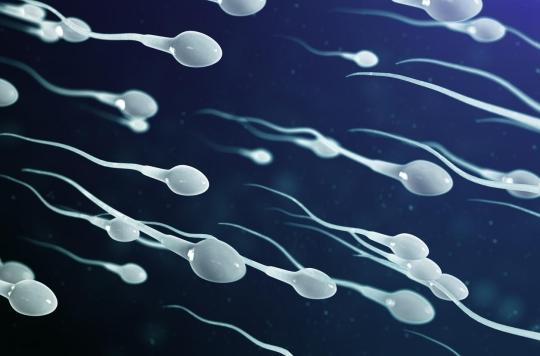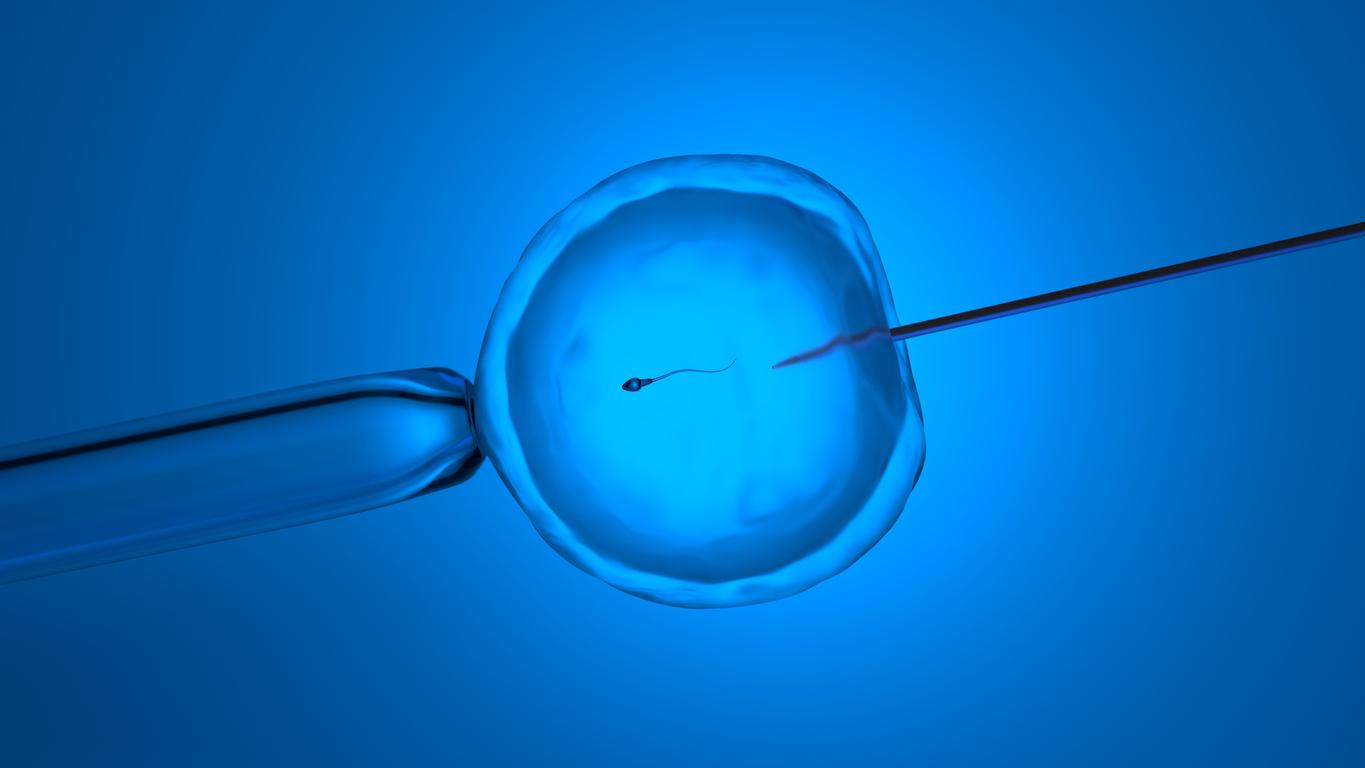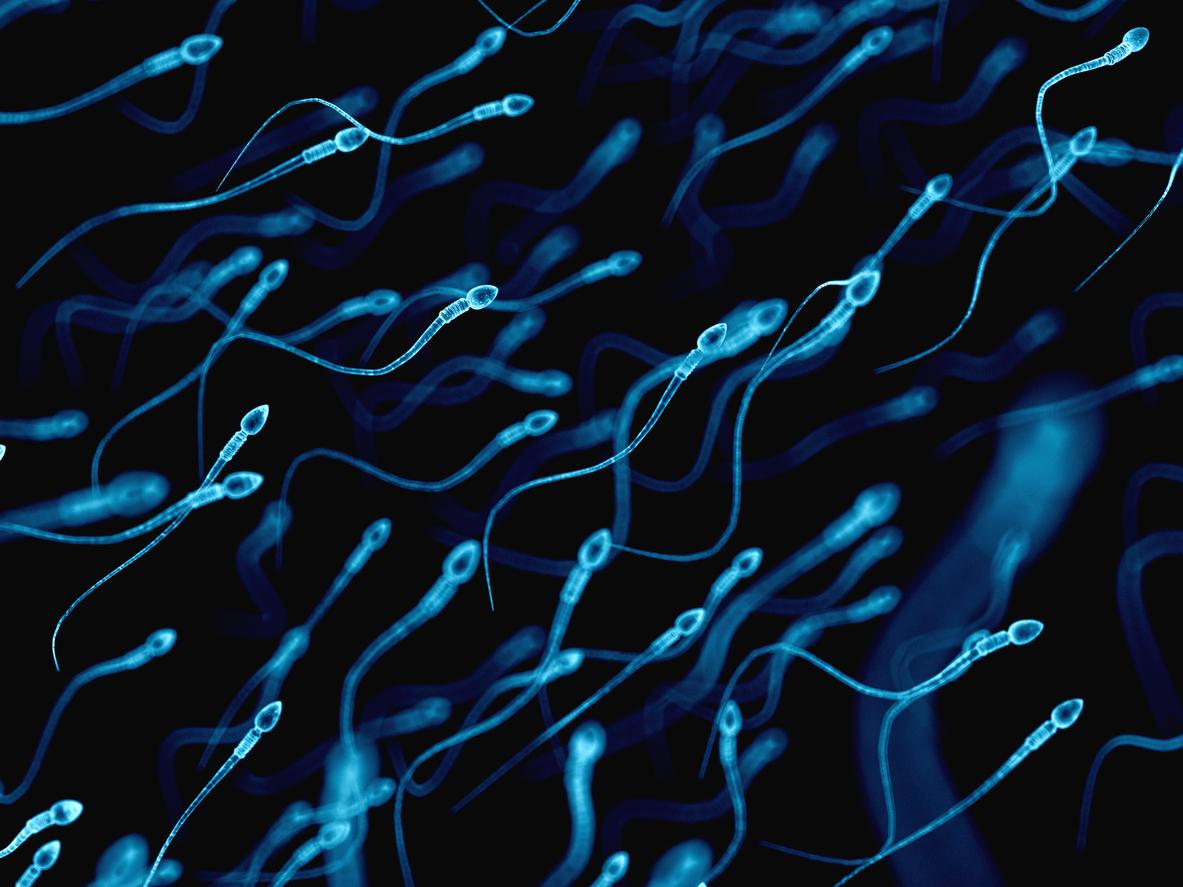The hitherto unexplained infertility in some men could be due to the presence of small bubbles in their semen. Explanations.

- Infertility is the absence of pregnancy despite unprotected intercourse for a period of at least twelve months.
- 10% of couples remain infertile after two years of attempts according to Inserm.
In France, up to 25% of infertility cases are unexplained according to the National Institute of Health and Medical Research (Inserm) and about one in eight couples consults a healthcare professional for difficulties in conceiving a child.
Infertility has various causes
“Abnormalities of spermatogenesis (formation of sperm) are by far the most common causes of male infertility, still according to Inserm. The abnormalities can concern the quantity or the quality of the spermatozoa”. In addition, there are also other elements directly related to lifestyle, such as smoking, diet, stress, overweight, etc.
Small bubbles in the sperm would be responsible
A new study published in the journal Human Reproduction brings one more element to explain the reasons for male infertility. According to scientists, small bubbles present in the sperm would be responsible.
More specifically, they are exosomes, membrane bubbles filled with liquid. According to New Scientistthey can merge “with sperm to deliver molecules that help improve sperm quality”…. At least in fertile men.
Indeed, the situation is different for men who have fertility problems: “Exosomes in the semen of people with unexplained infertility can make the uterine lining less receptive to embryo implantation”note the authors of the Iranian University of Medical Sciences who have just published the study in the journal Human Reproduction.
“A different pattern of gene activity in endometrial cells”
During their work, the researchers studied the exosomes of the sperm of two groups of men. The members of the first were infertile and those of the second fertile. For this, they put samples of their sperm in contact with endometrial tissue from the uterus of six women.
Thus, they observed that, in the males of the first group, the exosomes “triggered a different pattern of gene activity in endometrial cells”. A phenomenon which, according to the authors, could explain that the implantation of an embryo is more difficult, and therefore that men are diagnosed as infertile.
In the future, the researchers plan to continue their research to include more participants in clinical trials. The ultimate goal is to better understand infertility in order to eventually develop new treatments.

















